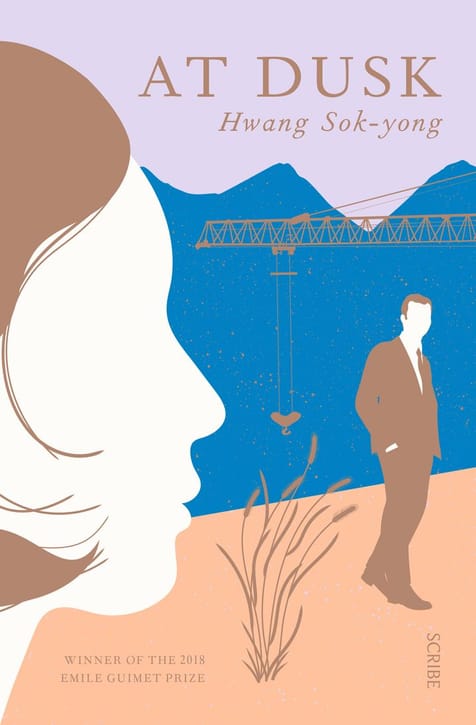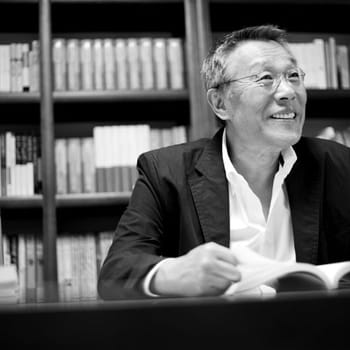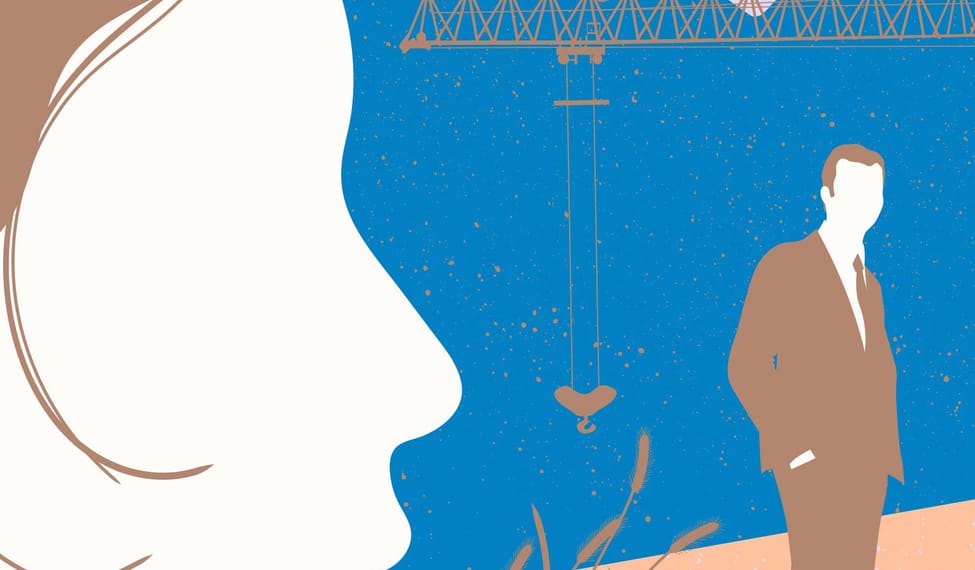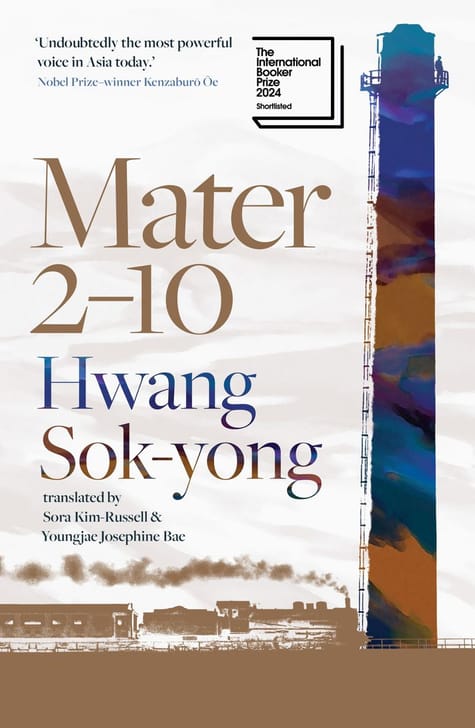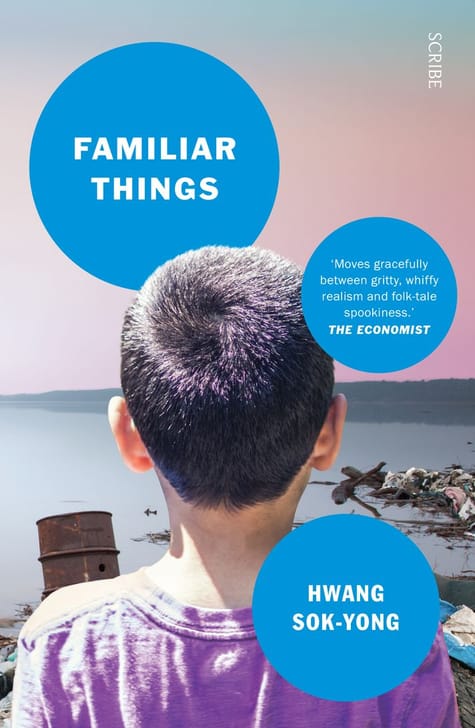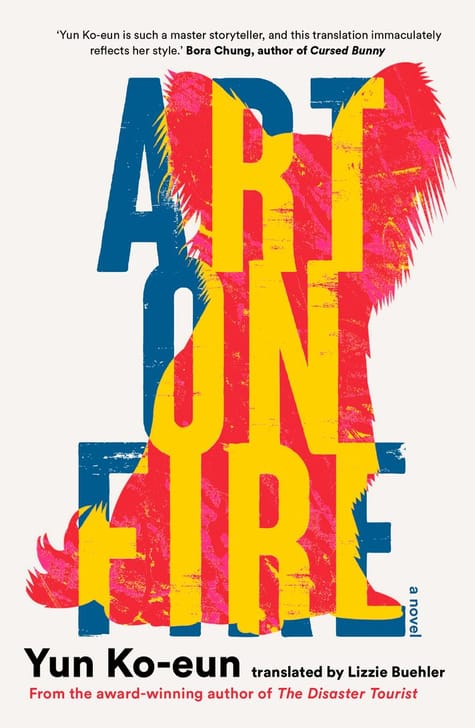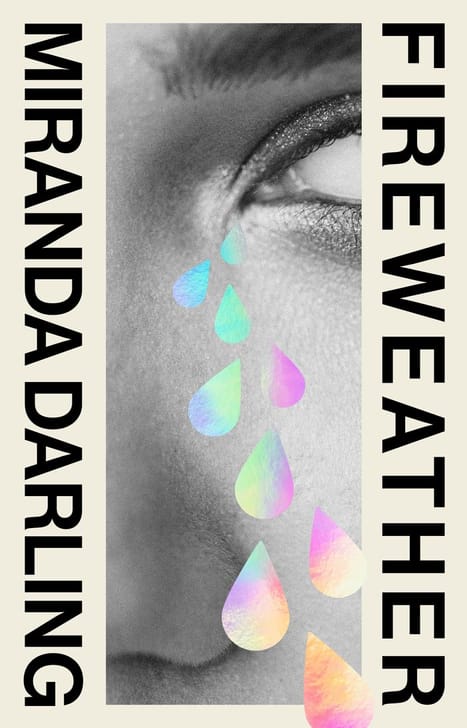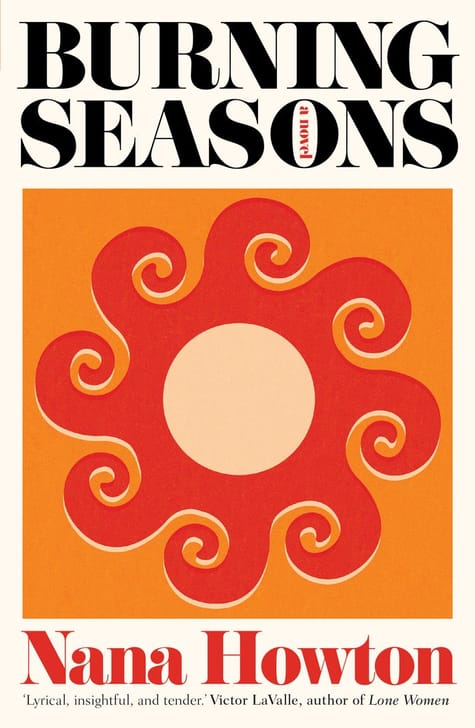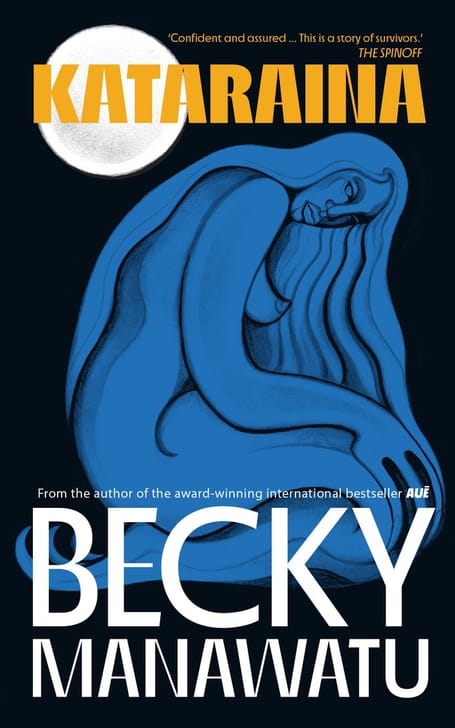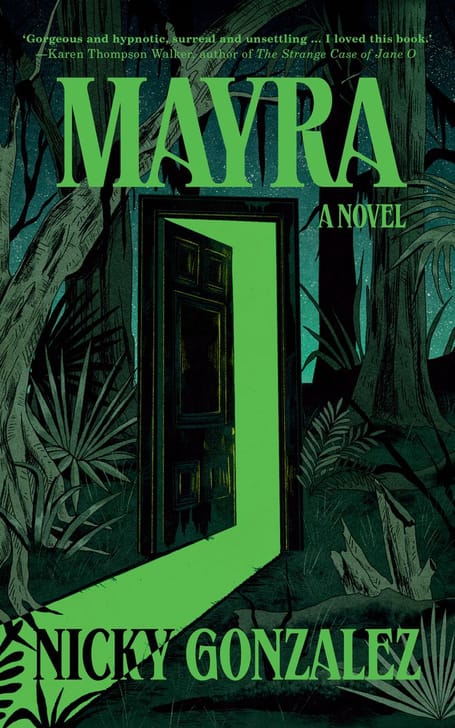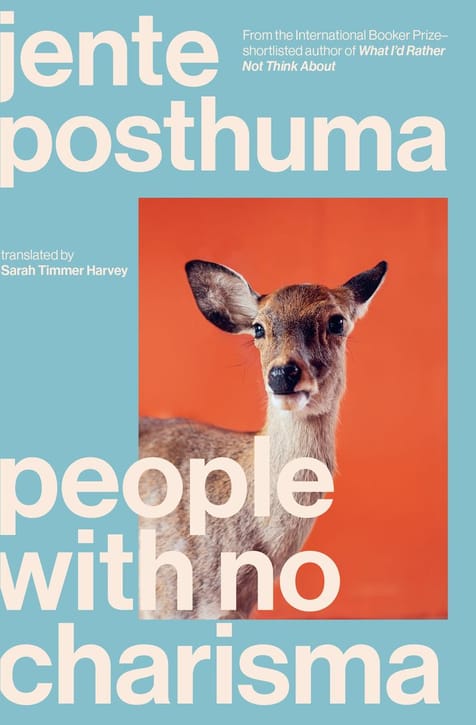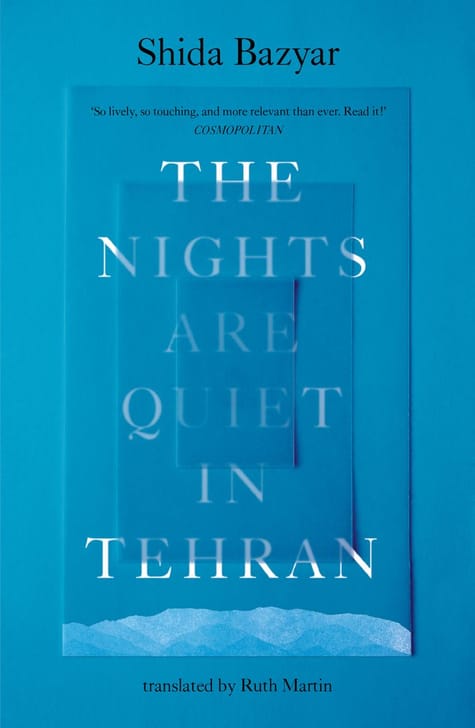At Dusk:
Longlisted for the International Booker Prize 2019
Translated by Sora Kim-Russell
Overview
In the evening of his life, a wealthy man begins to wonder if he might have missed the point.
Park Minwoo is, by every measure, a success story. Born into poverty in a miserable neighbourhood of Seoul, he has ridden the wave of development in a rapidly modernising society. Now the director of a large architectural firm, his hard work and ambition have brought him triumph and satisfaction. But when his company is investigated for corruption, he’s forced to reconsider his role in the transformation of his country.
At the same time, he receives an unexpected message from an old friend, Cha Soona, a woman that he had once loved, and then betrayed. As memories return unbidden, Minwoo recalls a world he thought had been left behind — a world he now understands that he has helped to destroy.
In At Dusk, one of Korea's most renowned and respected authors continues his gentle yet urgent project of evaluating Korea’s past, and examining the things, and the people, that have been given up in a never-ending quest to move forward.
Details
- Format
- Size
- Extent
- ISBN
- RRP
- Pub date
- Paperback
- 198mm x 129mm
- 192 pages
- 9781911617235
- GBP£12.99
- 29 November 2018
Categories
Awards
- Winner of the 2018 Emile Guimet Prize for Asian Literature
- Longlisted for the 2019 Man Booker International Prize
- Longlisted for the 2020 PEN Translation Prize
- Longlisted for the 2020 National Translation Awards in Prose
Praise
‘It’s a regretful, bittersweet exploration of modernisation, which picks away at the country’s past and present, slowly becoming a moving reflection of what we gain and lose as individuals and a society in the name of progress … [Hwang’s] writing is laced with the hard-won wisdom of a man with plenty left to say.’
‘Hwang Sok-yong’s At Dusk is a perfect slice of Koreana … shows the underbelly of a nation through the life of characters inhabiting society's bottom rung … Sok-yong proves once again that fiction can be the best way to tell devastating truths.’
About the Author
Hwang Sok-yong was born in 1943 and is arguably Korea’s most renowned author. In 1993, he was sentenced to seven years in prison for an unauthorised trip to the North to promote exchange between artists in the two Koreas. Five years later, he was released on a special pardon by the new president. The recipient of Korea’s highest literary prizes, he has been shortlisted for the Prix Femina Etranger and was awarded the Emile Guimet Prize for Asian Literature for his book At Dusk. His novels and short stories are published in North and South Korea, Japan, China, France, Germany, and the United States. Previous novels include The Ancient Garden, The Story of Mister Han, The Guest, and The Shadow of Arms.
Translator
Sora Kim-Russell has translated numerous works of Korean fiction, including Hwang Sok-yong’s Princess Bari (Garnet Publishing, 2015), Familiar Things (Scribe, 2017), and At Dusk (Scribe, 2018), which was longlisted for the 2019 Man Booker International Prize.
